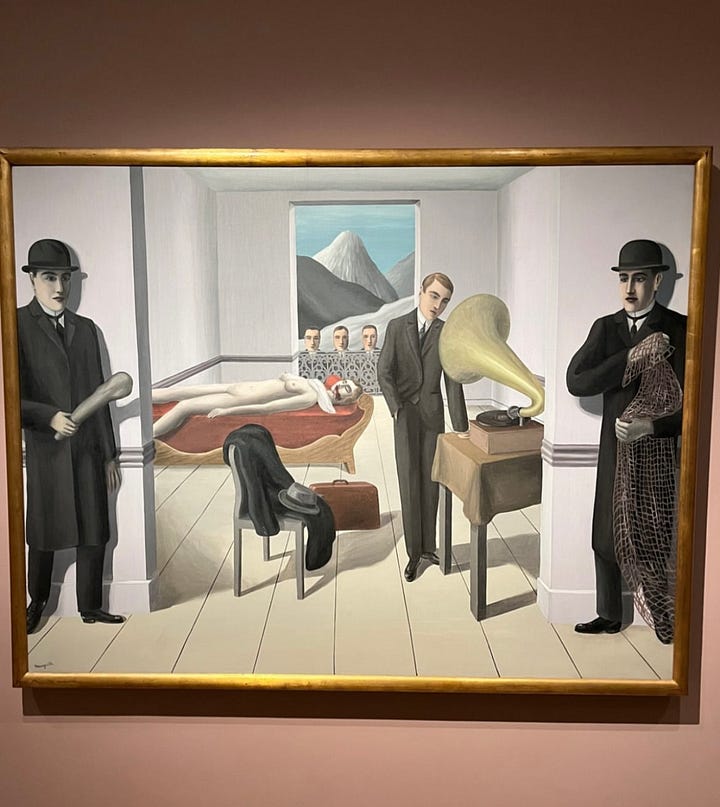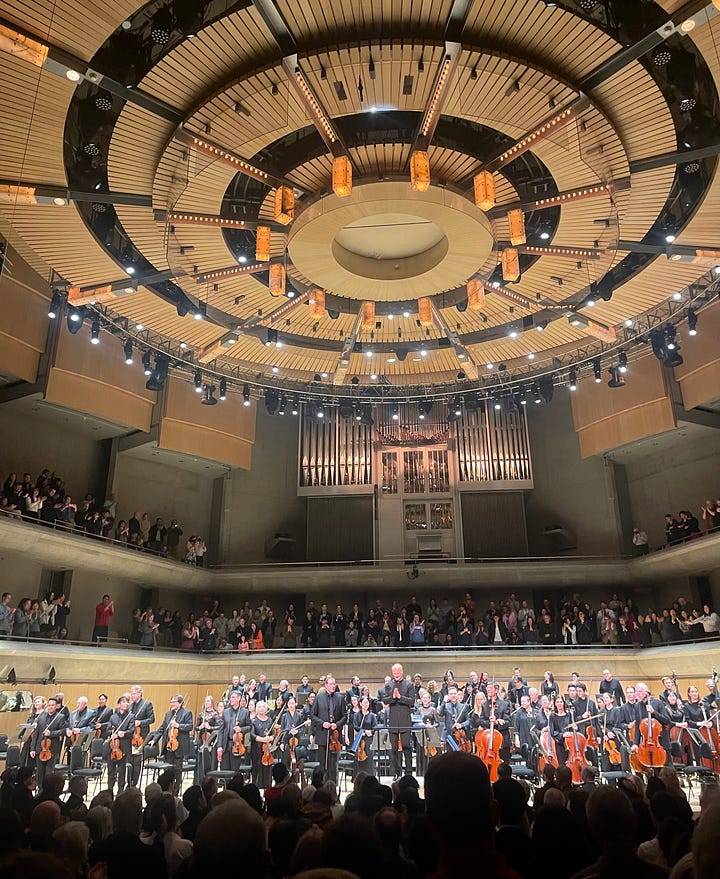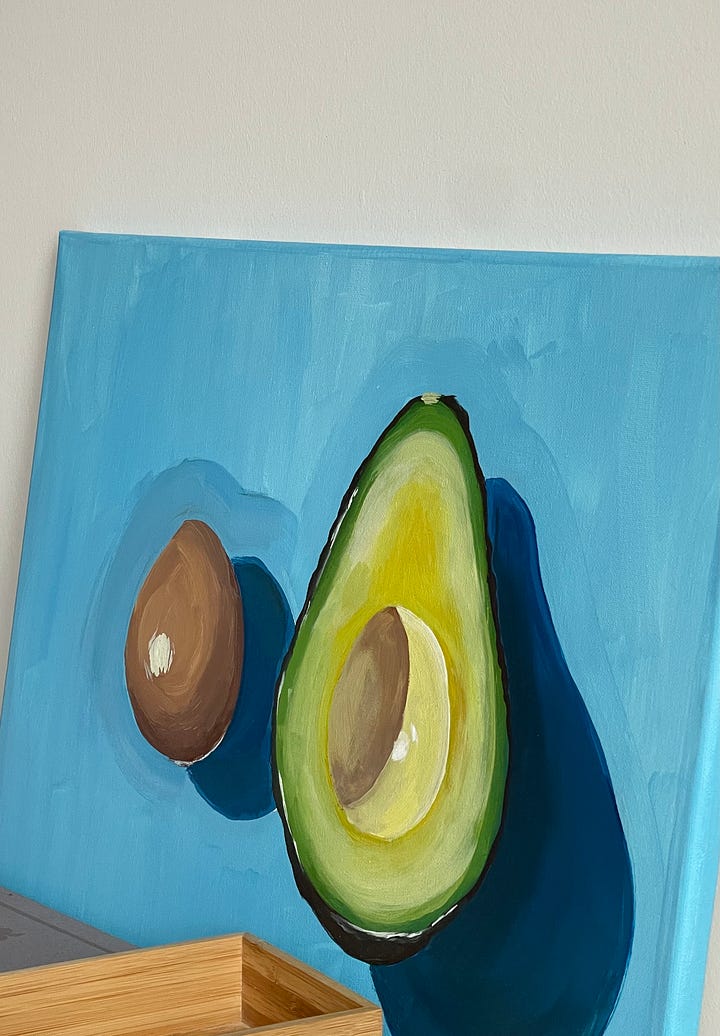In the near future...
A summary of the next few hundred centuries in 5 minutes
In the near future, they’ve invented zero-calorie Scotch and corporate-jargon-cancelling headphones. They learn about primitive technology that have once made history, like penicillin, the Internet, self-driving electric vehicles, and commercial spaceships to Mars.
They serve hors d’oeuvres at funerals that let you skip the first four stages of grief. They sell pills that alleviate symptoms of shame caused by unfulfilled potential or unmet ambitions.
They’ve created hearts that don’t break, knees that don’t bruise, and dreams that don’t fade.
The daffodils are sentient, the rivers rewrite their paths overnight, the wind carries memories, and the rain falls in the melody of Ravel (keep this playing as you read the rest. Spotify version).
The people don’t remember us the same way we don’t remember the first colony of chlorophyll. Things can be moved with mere will and nobody struggles with anything anymore. There is nothing left unknown.
And they are bored.
They sit at the edge of the galaxy and gaze into the abyss where there is nothing. They go back to smaller scale dimensions where there is, again, nothing.
Without pride, lust, or sloth, there is no poetry and no music. Without the bravery of honesty, there is no need for trying—for anything. There’s nothing to stand up for. It’s not that there’s nothing to believe in; it’s that belief itself no longer exists.
They saw death as a problem, so, eventually, they solved it. And now that everyone has infinite tomorrows, no one does anything anymore. Everything compared to infinity is zero: a 10-minute walk and a 10-year pilgrimage are both as instant as teleportation.
Without a sense of finality, there was no need for loyalty, love, compassion, charity, kindness, or friendship, because nobody needed another person to lean on in their horizontal fall to the grave.
You just call on me brother // When you need a hand // We all need somebody to lean on.
—Bill Withers
Without desperations or anxiety that feel bigger than what their bodies can withstand, there was nothing to redeem. Nothing was bad, but at the same time, nothing was good because there was nothing to salvage.
Without the things that ruffle feathers—“suffering”, a word that dictionaries stopped publishing after the 31st century—there was nothing. Not just nothing valuable, but nothing at all.
They’ve raced to zero.
There is no more becoming. There is just one permanent state of “is”. Things just are. I just am. You just are. It just is.
Every object will remain at rest or in uniform motion in a straight line unless compelled to change its state by the action of an external force.
— Newton’s First Law of Motion (Inertia)
Everything is so instantly existing that the very concept of a “problem” is no different from a “solution”. There is no before and after; no worse and better. Nothing is ongoing because there is no end to it. At the same time, nothing has started because beginnings don’t exist.
Racing away from zero
Then, one day in the future, someone decided to create something. Not for the sake of progress, improving efficiency, or solving a problem, but just because they wanted to, and that wanting was something closer to an appetite than a reaction.
For the first time in hundreds of centuries, someone stepped away of zero. They took a leap of faith, and that faith was not to make life easier, but to make it better.
When machines create something, it’s to answer a question.
When humans create something, it’s because we have something to say.
We’re not here to look for answers. We like the experience, even if it’s hard: it’s why we value handmade gifts over mass-manufactured ones, for example.
There is only one thing that I dread: not to be worthy of my sufferings.
—F. Dostoevsky
So, what are we here for?
Maybe what we’re looking for is not an object to be known but a cause of wonder.
We look for that spark in things—movies, books, music—knowing there is something deeper than entertainment to them. They inspire us. They remind us that beneath our feet lie eons on bones, earth that is pregnant with chronicles that bubble against the roots of grass and the burrows of rabbits, telling us that we’re part of an ongoing story and to make us say, I can not bear doing nothing a moment longer; I must create.




Wonder hides under the moss on the giant rocks by the sea. It sits lodged in forgotten diaries at the thrift store. It shimmers in the eyes of cats and the sound of waterfalls. It’s whatever leads to more, not less. It’s what Lord Byron meant by, “The great art of life is sensation, to feel that we exist, even in pain.”
To feel—to experience—is to be real.
In the near future, reading and writing will become hobbies of the few once again. Analog will be the new elite: building houses with your hands, playing a musical instrument, thinking without the assistance of a computer, reading a physical book while taking notes in its margins, and enjoying social events using just your five senses.
In the near future, we’ll come to miss the awe of choirs, scavenger hunts, and stargazing, and we’ll look for that cosmic hunger in everything we consume. We’ll want art over content; renewal over novelty.
In the near future, we will, again, remember what is real. And we will enjoy every little bit of it.
~
Thanks for reading + Happy Thanksgiving to my friends south of the border,





This was so beautiful! The future is analog, to quote David Sax
Still.